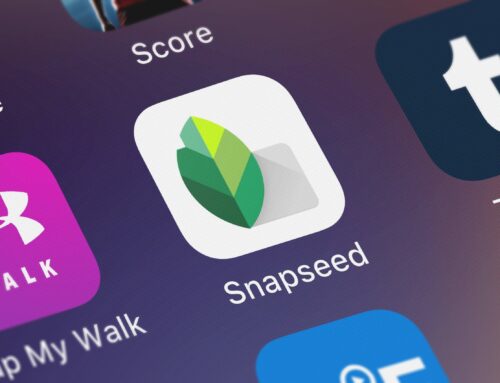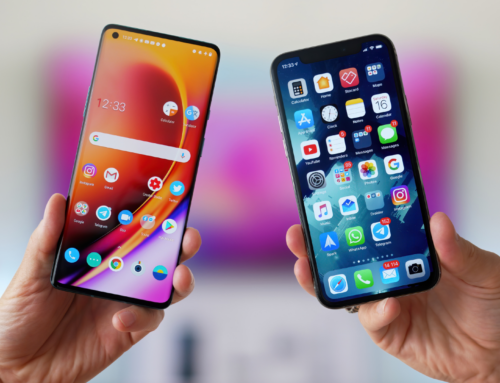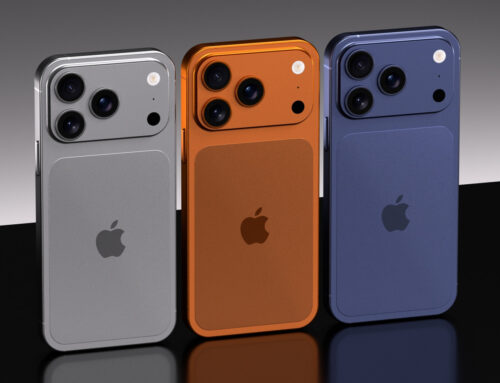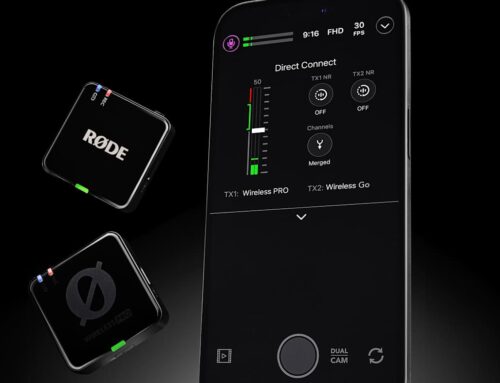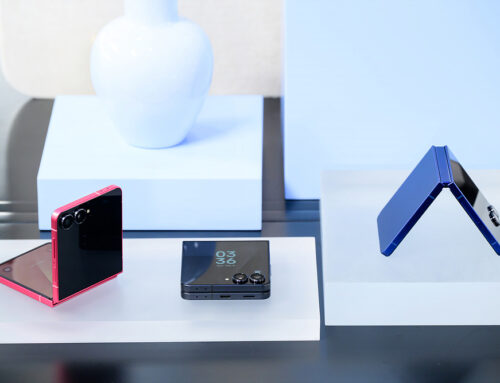tinhkhuong/Shutterstock
Damaging your smartphone can set you back hundreds of dollars in repairs, which is why it’s important to be careful. You can take measures like using a protective case and adding a tempered glass screen protector, but even this is not foolproof. Most flagship smartphones – including the iPhone 15 and Samsung Galaxy S23 – feature water resistance, but liquid can still seep in if your phone is submerged under water for too long.
The worst-case scenario is if your smartphone is lost or stolen. While Apple’s Find My and Samsung’s SmartThings Find can help you locate a missing device, they may not help if the phone has been turned off. This is where a phone’s warranty works as a failsafe.
Most smartphones come with a one-year warranty, and that includes iPhones and Samsung phones. While this might give you the impression that you can get a free replacement or repairs if you damage or lose your phone during the first year, that’s far from the truth. Both Samsung and Apple have fairly comprehensive warranties, and while they are largely similar, there are some key differences between what the two companies offer.
iPhone vs. Samsung: What’s covered by the warranty?
guruXOX/Shutterstock
Both Apple and Samsung provide a one-year limited warranty with their smartphones. Apple’s warranty for your iPhone begins on the date the device is purchased. The warranty for Samsung phones begins on the date the device is first set up or activated. Both companies require the smartphone to be used in accordance with their official guidelines for the warranty to be eligible.
Apple and Samsung cover hardware defects in materials and workmanship of the smartphone, and any accessories included in the retail box. Samsung’s warranty also covers the internal battery unlike Apple, but this too is limited.
Samsung says the warranty can be claimed if the battery capacity falls below 80% or if the battery leaks. However, this doesn’t apply if you use a third-party charger that doesn’t meet Samsung’s specifications, tamper with the battery, subject the battery to external force, or use a third-party service for battery repairs.
iPhone vs. Samsung: What’s not covered by the warranty?
Sergey Eremin/Shutterstock
If you have an iPhone, Apple’s warranty does not cover system software, so if an iOS update causes problems with your iPhone, Apple will not replace it. Apart from the battery, Apple’s warranty doesn’t apply to protective coatings on the iPhone that can diminish over time. Cosmetic damage caused by the user or external forces such as scratches, dents, or broken plastic on ports is not covered either.
The warranty does not cover damage caused by a third-party accessory that doesn’t meet Apple’s specifications, or external causes like accidents, fire, earthquakes, misuse, and liquid damage. If your iPhone is repaired or modified by someone who is not an Apple or Apple Authorized representative, this will void the warranty, as will making any software changes, such as jailbreaking your iPhone.
You should also make sure to never remove or obstruct the serial number of the iPhone, as this will void the warranty as well. In addition, the warranty will not be upheld if Apple believes the iPhone is stolen or doesn’t belong to you.
Samsung’s warranty policy is pretty much in line with Apple’s but specifies a few extras, such as damage caused by improper storage, dust and dirt, and using a product that isn’t approved by Samsung on the touch screen. Samsung also says that the warranty does not cover issues caused by viruses or cellular signal reception.
iPhone vs. Samsung: Warranty claims
sasirin pamai/Shutterstock
Provided you’re eligible to make a warranty claim, both Samsung and Apple offer carry-in and mail-in services for your smartphone, and Samsung includes a Mobile service option too. Apple goes one step further, offering a DIY parts service. If your iPhone meets the requirements for self-service repairs, Apple will sell you the parts and even rent the required tools to you, but won’t reimburse you for any labor costs.
When it comes to repairs under warranty, both Apple and Samsung reserve the right to use new or refurbished parts. This also applies to replacements – if your phone is defective, it may be replaced with a refurbished product that meets company standards. Any replacement parts or replacement smartphones will be covered by either the remaining term of the original warranty or 90 days. This means that if you get a replacement smartphone from Apple or Samsung, your warranty won’t last an entire year.
AppleCare+ vs. SamsungCare+: Extended coverage compared
mundissima/Shutterstock
While both Samsung and Apple have limited one-year warranties, you can pay extra for AppleCare+ or SamsungCare+ and get many more benefits. AppleCare+ for the iPhone covers unlimited incidents of accident protection to the iPhone, battery, and charging cable. While there is a deductible fee that’s considerably cheaper than what you’d pay without AppleCare+, any mechanical failures are covered free of charge. You can also opt for AppleCare+ with Theft and Loss, which covers two incidents of theft and loss per year.
Other AppleCare+ features include 24/7 priority access to Apple experts for software-related issues, same-day service, and express replacement while your device is being repaired. AppleCare+ can only be purchased for a two-year period, with prices ranging between $79 and $199 for AppleCare+, or between $149 and $269 for the Theft and Loss option.
SamsungCare+ is quite similar to AppleCare+ and is one of the best options for getting a broken Samsung phone repaired. Like AppleCare+, Samsung offers a Theft and Loss option too. Samsung’s Theft and Loss plan offers same-day replacements, unlike Apple, which does not offer a same-day service for lost or stolen claims. Samsung Care+ pricing ranges between $49 and $239 for two years, while SamsungCare+ with Theft and Loss ranges between $129 and $329.
iPhone vs. Samsung warranty: Which is better?
mokjc/Shutterstock
The warranties offered by Samsung and Apple are pretty much on par. While the wording is different, the intent is clear – any damage that’s caused by the user will not be covered. While Samsung offers DIY repairs with official support through iFixit, this isn’t listed as an option under warranty, unlike Apple.
Samsung, however, has the upper hand when it comes to battery repairs and replacements, which isn’t surprising given the Galaxy Note 7’s exploding battery fiasco. While Samsung has very stringent conditions surrounding battery repairs, it factors in excess battery degradation, unlike Apple.
Finally, when it comes to extended coverage, Apple has the upper hand only because of price. While SamsungCare+ plans have a cheaper starting price for its entry-level and mid-range devices, the plans for its flagship phones are significantly more expensive than AppleCare+ for iPhones. While AppleCare+ maxes out at $269 for the iPhone 15 Pro and Pro Max, SamsungCare+ goes up to $329 for the Galaxy Z Fold series and S23 Ultra 1TB variant.
The warranties provided by both companies are nearly identical on paper, but Apple does have the slight edge thanks to listing DIY repairs under warranty and offering cheaper premium coverage for its most expensive iPhones.



